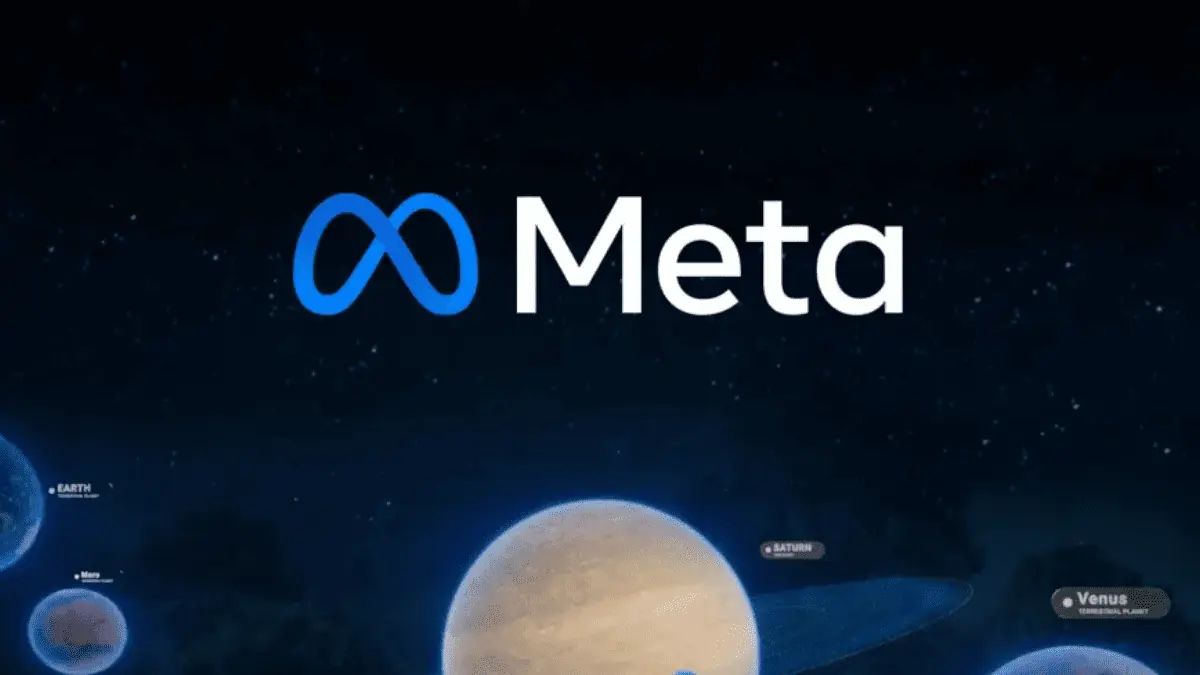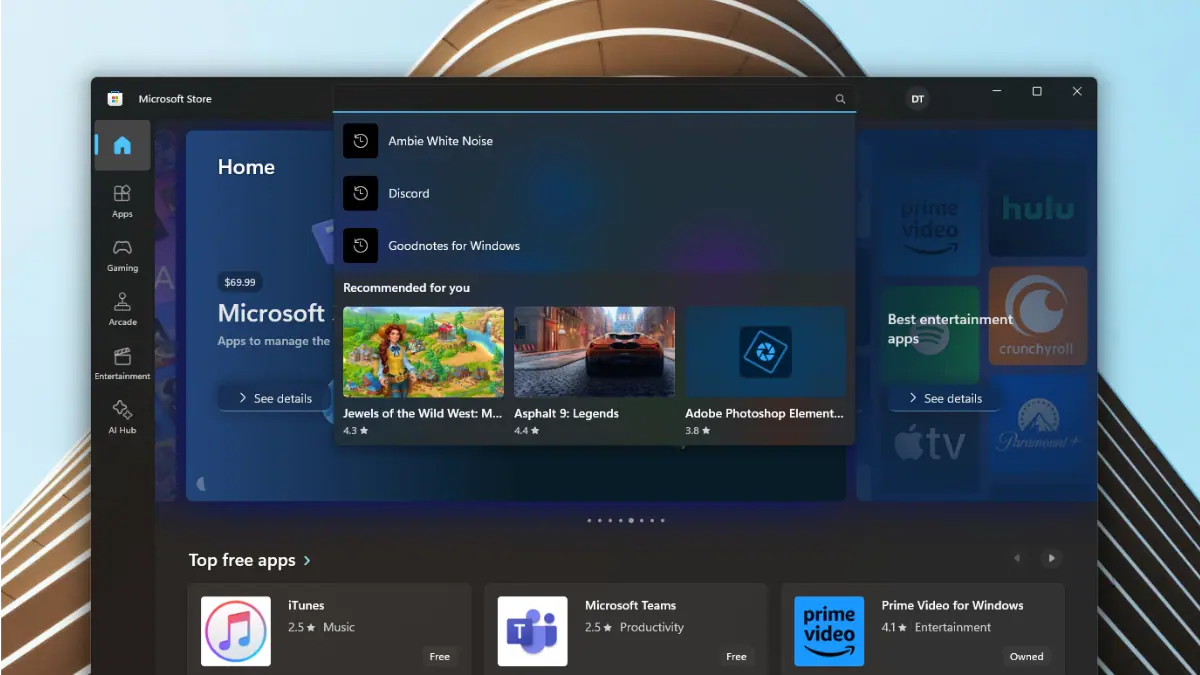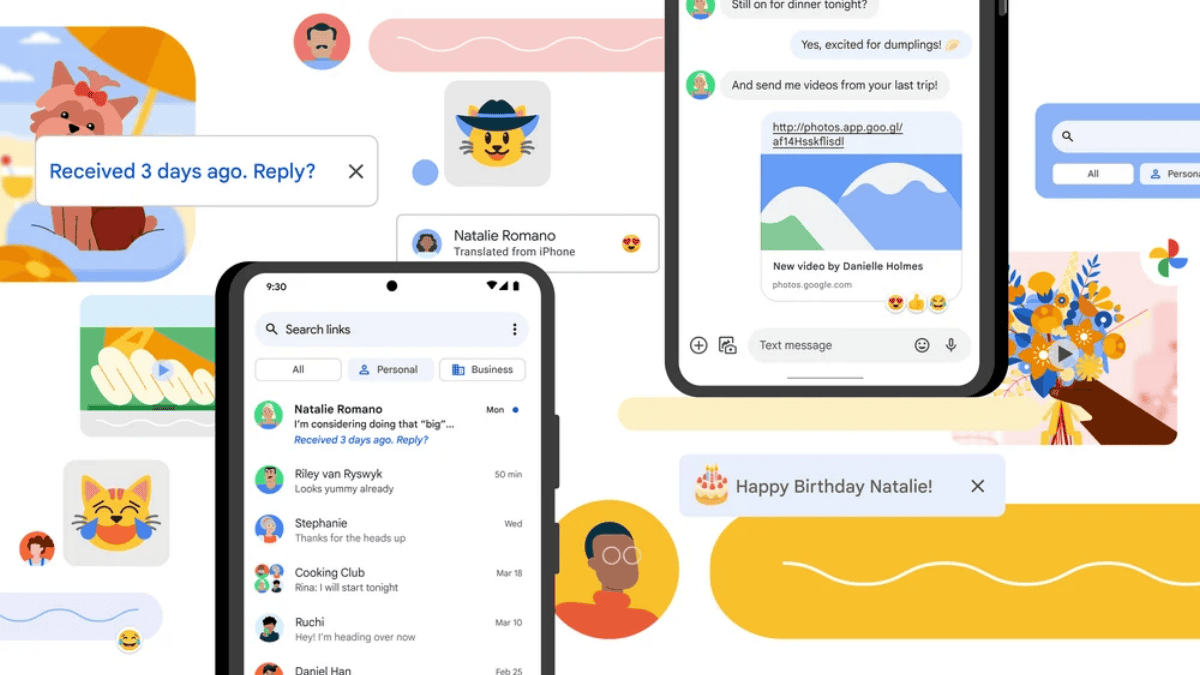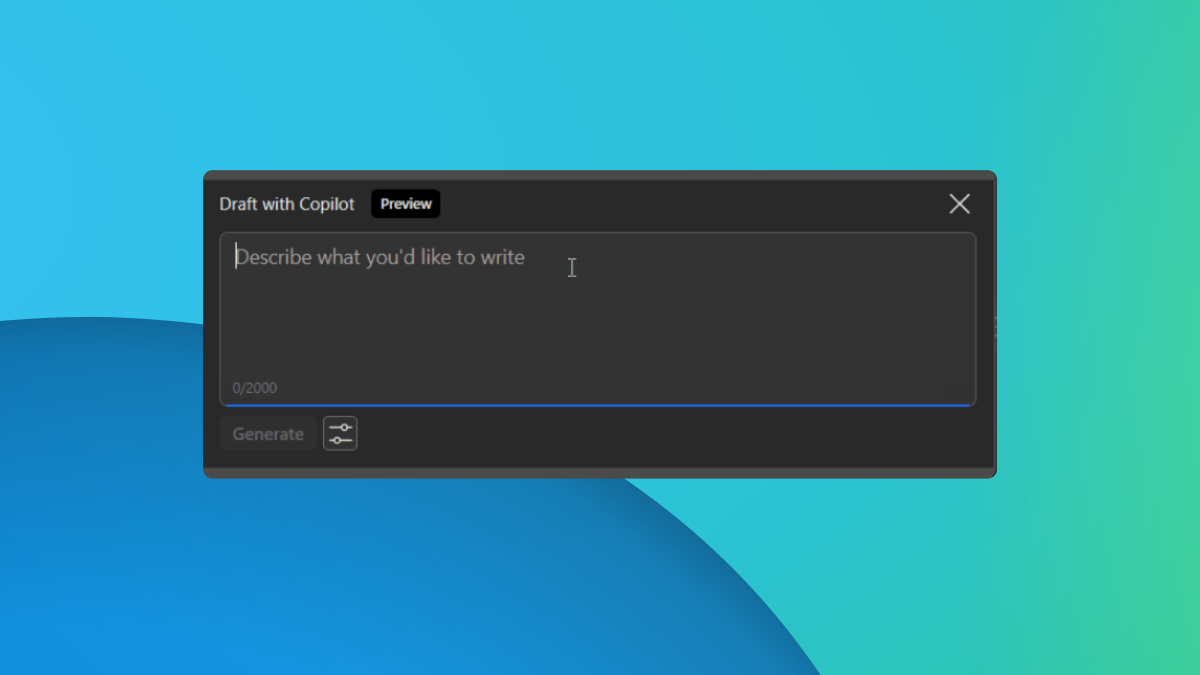Google wanted to bring Android to AR and VR platforms; Meta said, only at our terms
3 min. read
Published on
Read our disclosure page to find out how can you help MSPoweruser sustain the editorial team Read more
Key notes
- Google proposes a partnership with Meta for its new XR platform, Android XR.
- Talks fail as Meta criticizes Google’s control and past project abandonments.
- Both companies forge separate paths: Meta with LG, Google with Samsung.

Google reportedly approached Meta about partnering on its upcoming XR platform, but the talks fell through due to disagreements over control and strategy.
But first, what’s XR?
Extended Reality (XR) comprises technologies that merge real and virtual worlds, offering immersive experiences. Here is a breakdown of the different types of XR:
- Virtual Reality (VR): Immerses users in a computer-generated environment, entirely blocking the real world. Users typically wear headsets with screens that create a 3D view and often include controllers for interaction. The latest example would be what you’d see through the Apple Vision Pro.
- Augmented Reality (AR): Overlays computer-generated elements onto the real world, allowing users to see both simultaneously. This is often done through smartphones or tablets with cameras that can recognize the environment and add virtual elements. Pokemon Go, remember?
- Mixed Reality (MR): Combines aspects of both VR and AR, creating a hybrid environment where virtual and real objects interact and coexist.
According to a report from The Information, Google wanted Meta to “contribute to” the development of Android XR, suggesting Google would have the final say on core aspects of the platform. Meta, however, criticized this approach, pointing to Google’s history of abandoning XR projects like Daydream and Stadia.
Meta CTO Andrew Bosworth expressed openness to collaboration but emphasized that they wouldn’t compromise their control. He said Meta even offered Google full revenue share from 2D apps on the Meta Quest platform if they brought the Play Store, which Google declined.
“After years of not focusing on VR or doing anything to support our work in the space, Google has been pitching AndroidXR to partners and suggesting, incredibly, that WE are the ones threatening to fragment the ecosystem when they are the ones who plan to do exactly that.
We would love to partner with them. They could bring their apps to Quest today! They could immediately bring the Play Store (with its current economics for 2d apps) and add value to all their developers, which is exactly the kind of open app ecosystem we want to see. We would be thrilled to have them. It would be a win for their developers and all consumers, and we’ll keep pushing for it.
Instead, they want us to agree to restrictive terms that require us to give up our freedom to innovate and build better experiences for people and developers—we’ve seen this play out before, and we think we can do better this time around.”
Both companies are pursuing their paths, with Meta partnering with LG for “next-gen XR device development” and Google partnering with Samsung for their first Android XR headset launch in 2024.








